
The Best Scientifically Proven Foods to Cleanse Your Liver
Eating foods that support liver health can naturally boost detoxification enzymes, helping the liver to efficiently cleanse toxins from the body. Liver-friendly foods with cleansing properties include green tea, citrus fruits, garlic, green leafy vegetables, and various nuts. Additionally, incorporating healthy oils such as extra virgin olive oil and omega-3 fatty acids can further improve liver function and support overall metabolic health.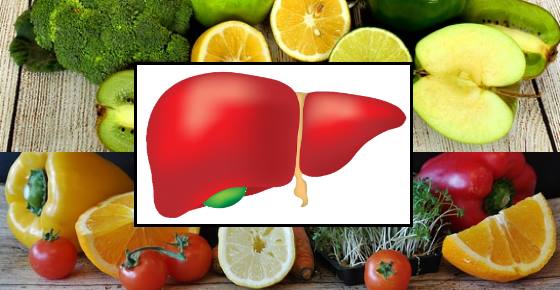
Consuming these liver-beneficial foods not only helps maintain liver function but may also assist in repairing existing liver damage. By boosting antioxidants in the liver, these foods protect liver cells from oxidative stress, reduce inflammation, and promote long-term liver health.
Equally important is avoiding foods that negatively impact the liver. Alcohol, excessive salt, refined sugar, and heavily processed or fatty foods can overload the liver and hinder its natural detoxification processes.
In this article, we will explore what scientific research says about the best foods for liver health, how to enhance liver function, and practical ways to implement a liver-friendly diet.
Understanding Your Liver
The liver is one of the largest organs in the body, located in the upper right side of the abdomen. It performs a critical role in detoxifying harmful substances and metabolizing nutrients from food and drinks. According to medical research, the liver is essential for flushing toxins from the blood, processing fats, and metabolizing carbohydrates and proteins.
A key function of the liver is the conversion of ammonia, a toxic byproduct of metabolism, into urea, which is safely excreted through urine. This detoxifying role highlights why supporting liver health is vital for overall wellness.
What Is a Liver Cleanse?
A liver cleanse refers to the dietary practice of consuming foods and beverages that promote liver function and support detoxification. Foods included in a liver cleanse help increase the production of detoxifying enzymes in the liver. These compounds have hepatoprotective effects, meaning they help protect liver cells, reduce inflammation, and enhance overall liver function.
To naturally cleanse the liver, it is essential to focus on nutrient-rich, liver-supportive foods while minimizing harmful substances that can overburden the liver.
Top Foods That Are Good for Your Liver
All foods impact liver function, either positively or negatively. According to the World Journal of Gastroenterology, certain foods improve liver health, including oily fish, nuts, avocados, and olive oil. Let’s explore these liver-friendly foods in detail.
Garlic
Garlic is a natural liver detoxifier due to its high antioxidant content, which protects the liver from oxidative damage. Compounds such as allicin, alliin, and allyl cysteine help protect liver cells from toxins and free radicals. Research shows that garlic can reduce fat oxidation in the liver and improve its defenses against harmful substances.
To maximize its benefits, garlic should be crushed and left for 10 minutes before consumption to activate its detoxifying compounds. Beyond liver health, garlic also offers antibacterial, antifungal, and cardiovascular benefits.
Cruciferous Vegetables (Broccoli, Brussels Sprouts, Kale)
Broccoli, especially broccoli sprouts, contains sulfur compounds that enhance liver detoxification enzymes. Studies show broccoli can protect against liver injury and improve metabolic function, even potentially reducing the risk of fatty liver disease.
Other cruciferous vegetables like Brussels sprouts, kale, and cabbage also support liver function. These vegetables retain detoxifying enzymes even after cooking. Raw cabbage and fermented cabbage (sauerkraut) further improve liver health by increasing antioxidant levels.
Beets, Carrots, and Asparagus
Beets are rich in antioxidants and compounds that support detoxification. Beetroot juice has been shown to increase liver enzymes that protect against damage.
Carrot juice aids in fat metabolism and increases anti-inflammatory fatty acids in the liver, making it an excellent addition to a liver cleanse diet.
Asparagus extracts assist the liver in metabolizing toxins, including alcohol, by supporting natural detoxification pathways.
Green Leafy Vegetables
Leafy greens like spinach, watercress, and arugula are high in antioxidants and improve detoxification enzyme levels. Regular consumption of these vegetables supports the liver’s natural cleansing ability while reducing oxidative stress.
Tomatoes
Tomatoes are rich in lycopene, a powerful antioxidant. Research shows that lycopene can reduce liver inflammation and improve overall liver function. Interestingly, processed tomato products, such as tomato juice, sauce, or paste, can contain even higher concentrations of lycopene than fresh tomatoes.
Coffee and Green Tea
Coffee consumption has been linked to reduced liver enzyme levels and protection against liver disease, including fibrosis, cirrhosis, and nonalcoholic fatty liver disease. Studies suggest that drinking two or more cups of coffee daily can support liver detoxification.
Green tea contains catechins, especially EGCG, which reduce inflammation, oxidative stress, and blood fat levels. Regular green tea intake can improve liver enzyme function and protect against liver tissue damage.
Berries: Blueberries and Cranberries
Berries are rich in proanthocyanidins, antioxidants that protect liver cells from toxins. Blueberries and cranberries can help normalize liver enzyme levels and reduce oxidative stress. Grapes, particularly black grapes, also support liver detoxification.
Turmeric and Ginseng
Turmeric contains curcumin, a potent antioxidant that reduces inflammation and supports liver detoxification. Ginseng contains ginsenosides, which enhance antioxidant and detoxification enzyme activity in the liver.
Other beneficial herbs include burdock, dandelion, wild yam, yellow dock, and milk thistle seeds, all of which provide hepatoprotective effects and can support liver repair.
Citrus Fruits
Vitamin C-rich fruits like lemons, limes, and grapefruits support liver metabolism and reduce toxin accumulation. Lemon juice, for instance, can help prevent alcohol-related liver damage and improve antioxidant levels.
Nuts and Healthy Oils
Nuts, particularly walnuts, are excellent for liver health due to their omega-3 and omega-6 content. Extra virgin olive oil also protects the liver by reducing inflammation and oxidative stress, and when combined with omega-3 fats, it enhances fat metabolism in the liver.
Omega-3 Fatty Acids
Omega-3s, found in fatty fish like salmon, mackerel, and tuna, improve liver metabolism, reduce inflammation, and are effective in managing nonalcoholic fatty liver disease. Regular consumption of omega-3s supports overall liver function.
Hydration: Water
Staying well-hydrated is essential for liver detoxification. Water helps flush toxins from the body, and adding lemon juice can further enhance its liver-cleansing properties.
Foods That Harm the Liver
Just as certain foods can protect the liver, others can cause significant damage:
-
Alcohol: Excessive consumption leads to fatty liver, hepatitis, and cirrhosis.
-
Fatty Foods: High intake of red meat and unhealthy fats increases the risk of nonalcoholic fatty liver disease.
-
Sugar: Diets high in fructose and refined sugar contribute to obesity and chronic liver disease.
-
Salt: Excessive salt disrupts antioxidant balance, potentially leading to liver tissue damage.
Conclusion
Maintaining liver health requires a balanced diet rich in liver-supportive foods while avoiding substances that strain liver function. By incorporating garlic, cruciferous vegetables, berries, citrus fruits, healthy fats, and hydration into your daily diet, you can naturally support liver detoxification, reduce inflammation, and promote long-term liver health. A mindful approach to diet can have a profound impact on overall well-being, energy levels, and metabolic health.
News in the same category

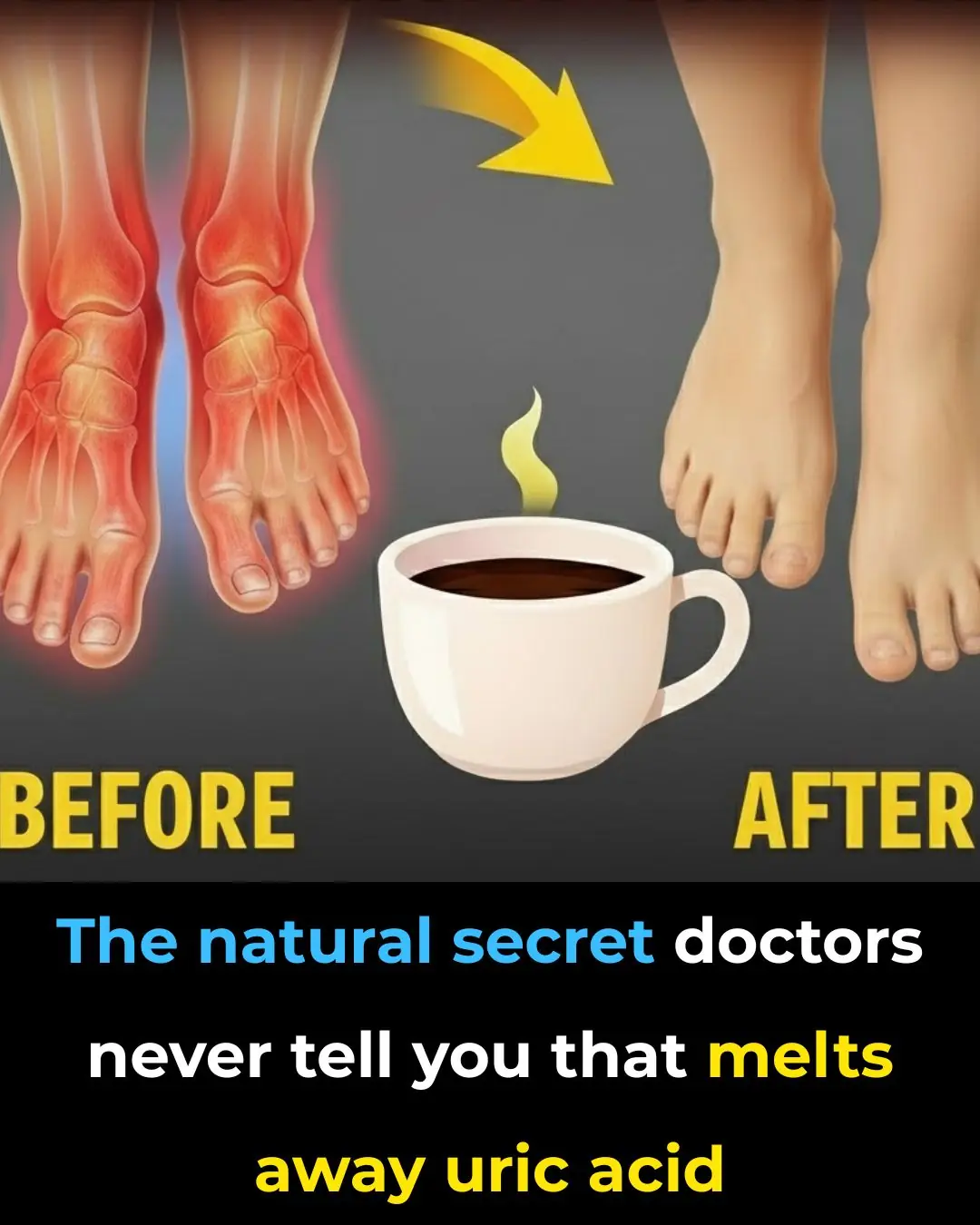
The Best Natural Gout Treatments: Remove Uric Acid Crystallization To Prevent Gout And Joint Pain

4 things your hands could be telling you about the health of your kidneys

The Secret to Caring for Your Aging Skin – Gentle, Effective & Realistic

12 Amazing Benefits of Drinking Baking Soda Water Daily

5 Deficiencies Almost Everyone Has (And Doesn’t Know About)

Osteoporosis Is Scurvy of the Bone, Not Calcium Deficiency
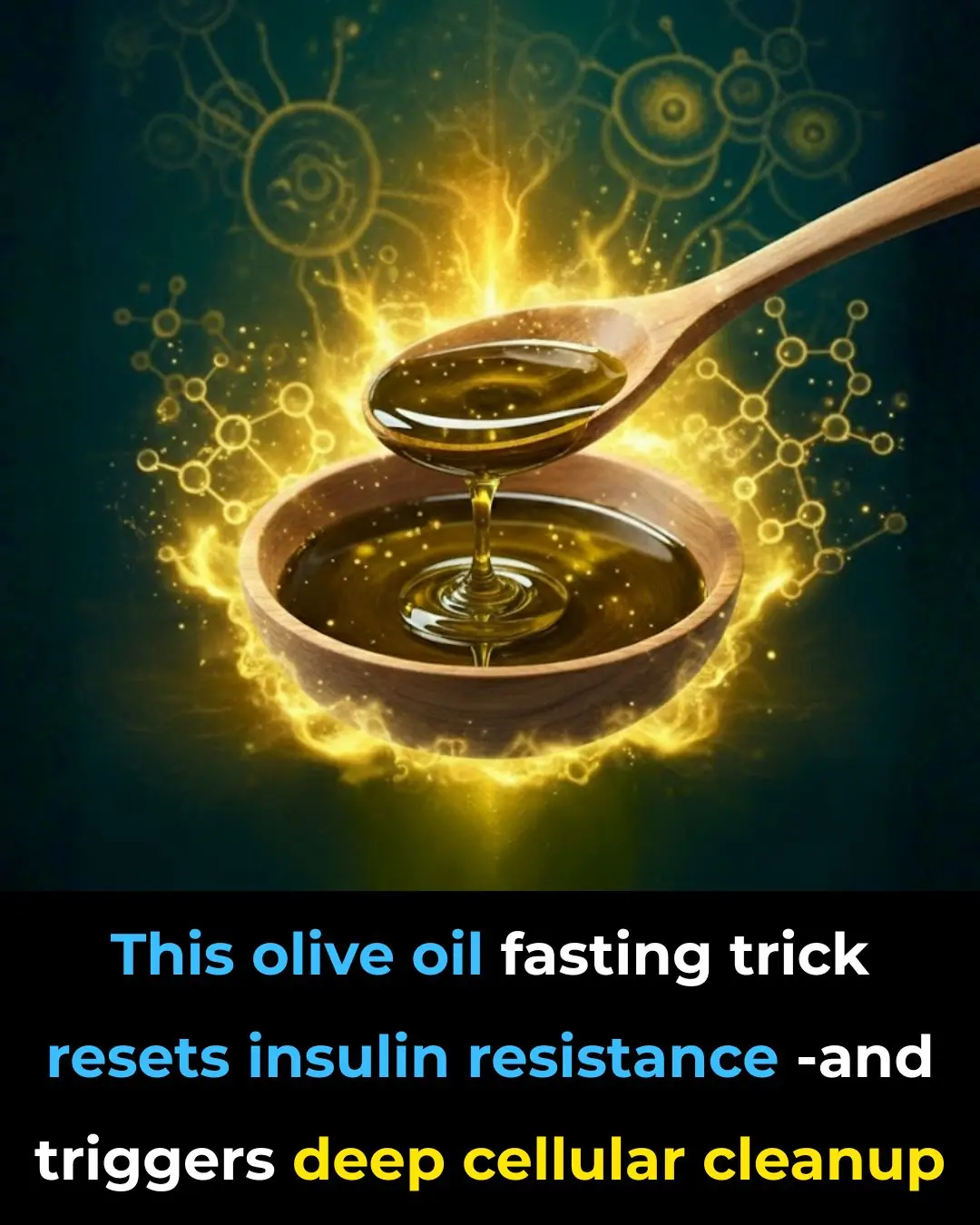
This olive oil fasting trick resets insulin resistance — and triggers deep cellular cleanup

Forget Calcium — Doctors Say This Is the #1 Exercise for the Strongest Bones

This Ends Insulin Resistance (in Days, Not Years)
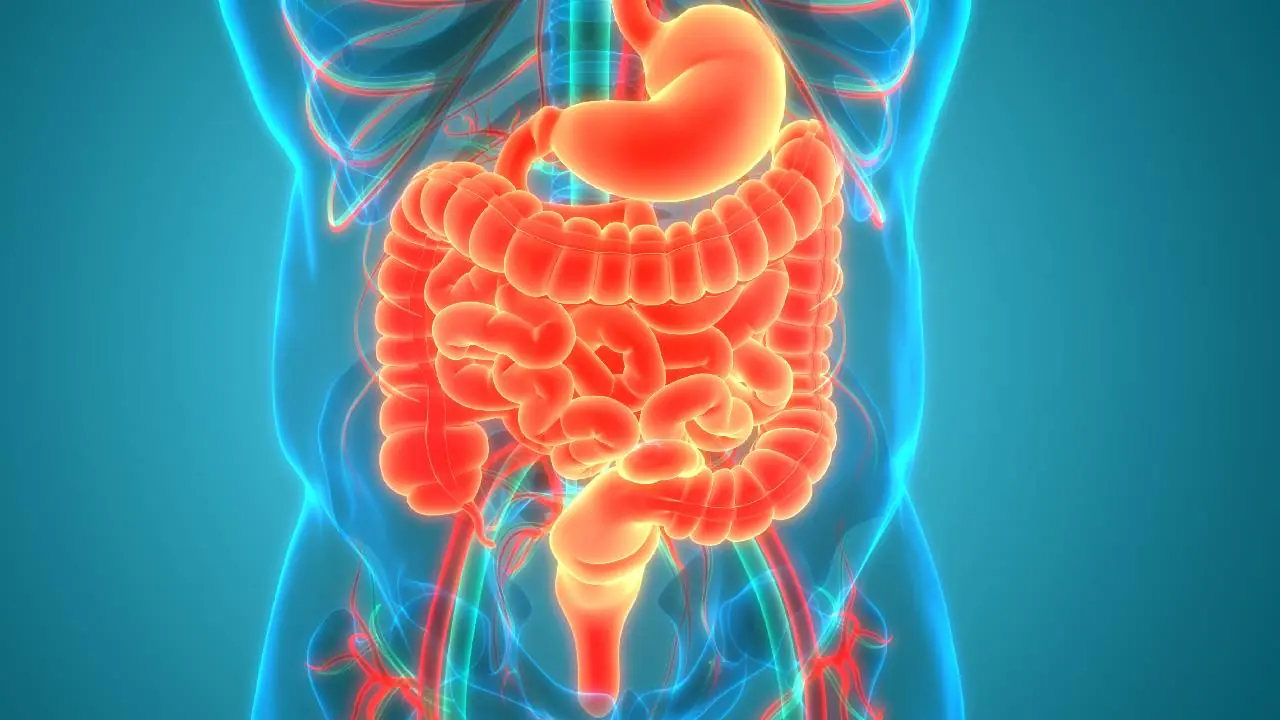
7 Warning Signs of Diverticulitis Most Doctors Miss
![Are You Being Misled About What Your Blood Pressure Should Be? [READ THIS CAREFULLY]](https://onplusnewscom.8cache.com/onplusnewscom/images/2025/10/25/1761400387Ii4TCVIhQj.webp)
Are You Being Misled About What Your Blood Pressure Should Be? [READ THIS CAREFULLY]

Medicinal Health Benefits of Turmeric, Curcumin and Turmeric Tea Based on Science

The Best Foods to Cleanse and Prevent Clogged Arteries
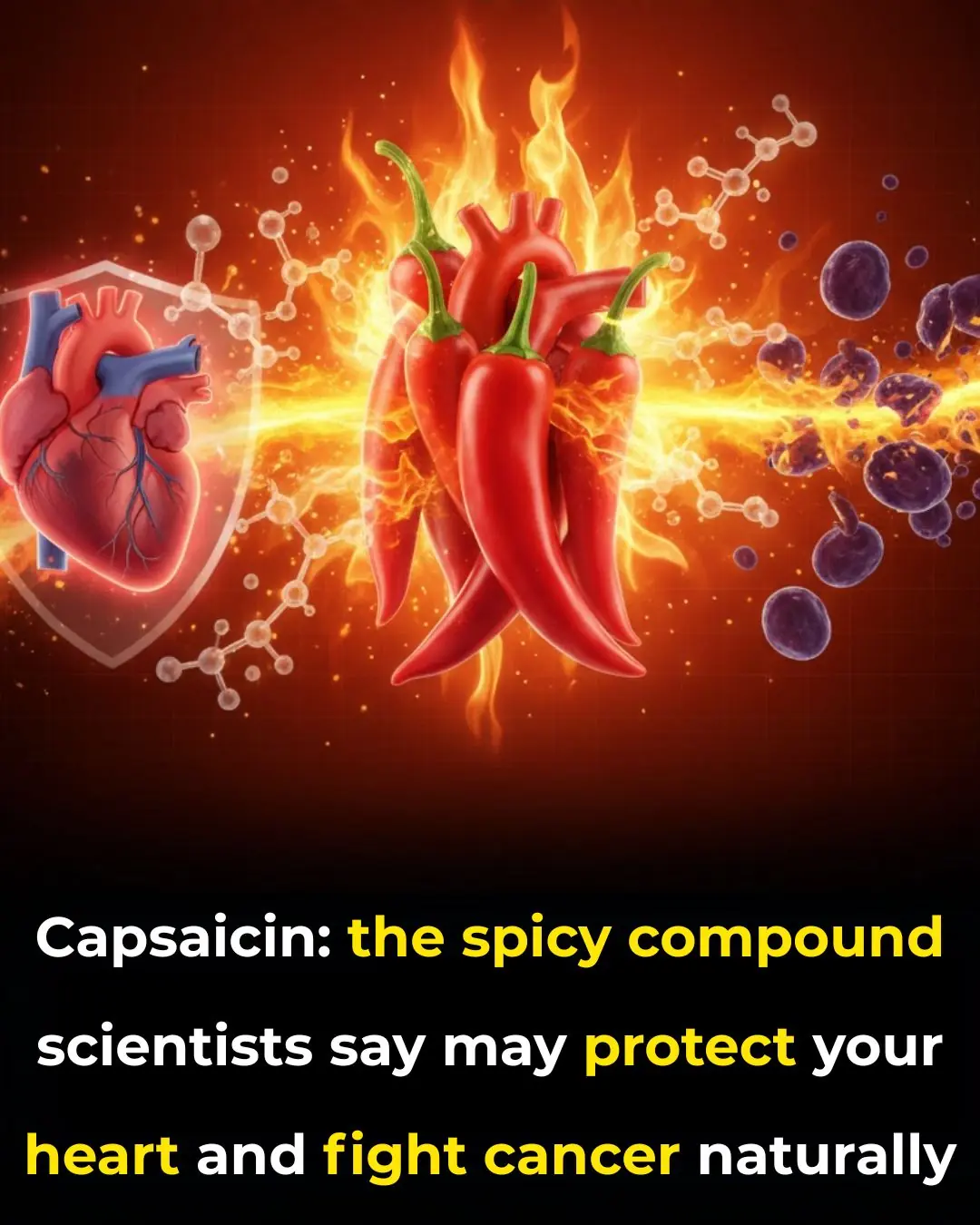
Capsaicin Stops Heart Attacks And Destroys Cancer Cells

17 Signs Your Body Is Too Acidic And 9 Ways To Quickly Alkalize It

Adrenal fatigue: what it is and 17 all-natural ways to fix it fast

Colon Cleansing With Kefir and Flaxseed Meal
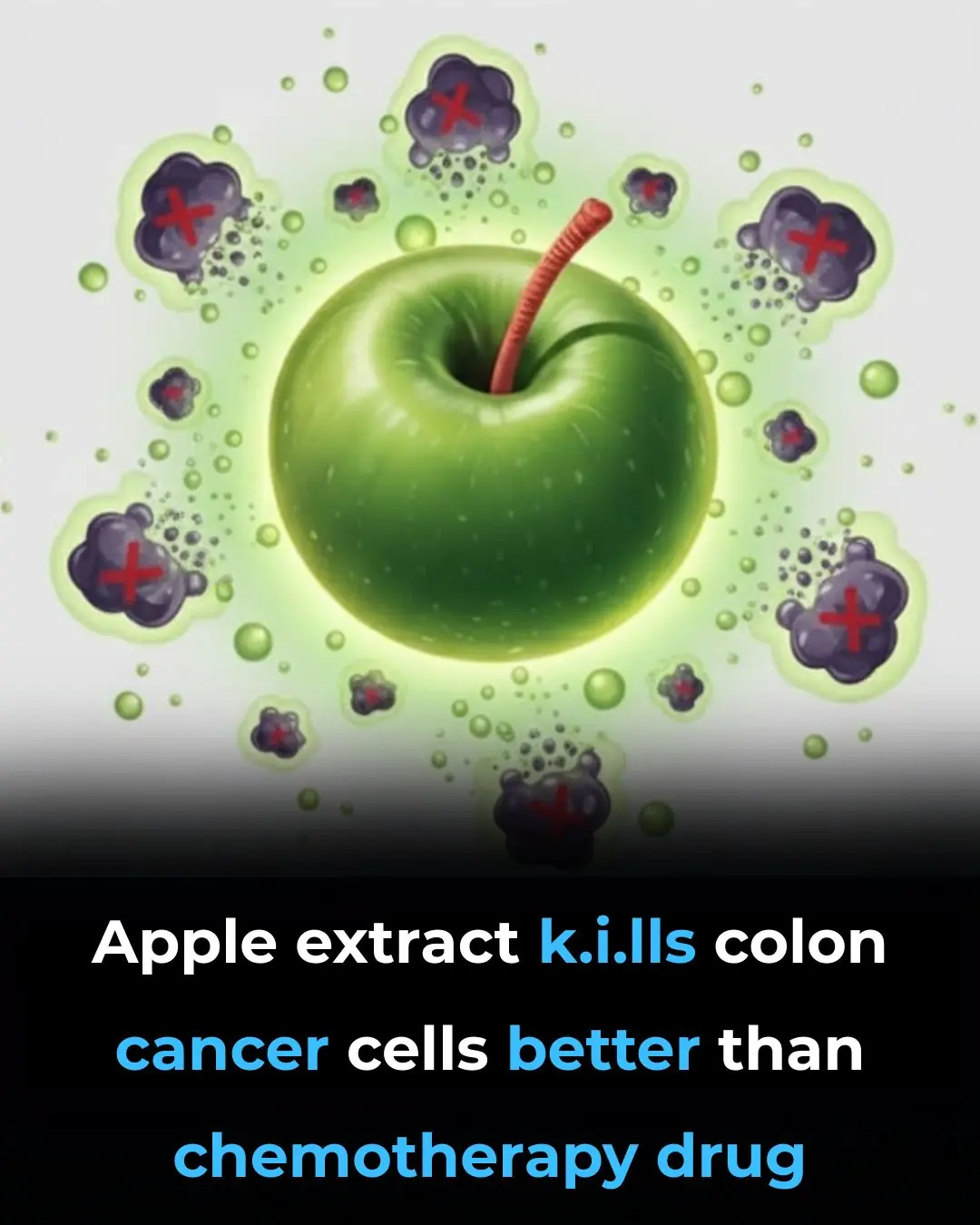
Apple extract kills colon cancer cells better than chemotherapy drug
News Post

Angel the Traveling Cat Launches Global Campaign: “We Are Not Baggage, We Are Living Beings”

The Tie of Humanity: When a Simple Gesture Bridges Two Lives

A Lesson in Compassion: How One Encounter Changed My Perspective

“Yes, I Want Her”: A Mother’s Powerful Response and a Daughter’s Journey of Belonging

Robert Redford and the Lessons of the Horse Whisperer.

Heroes in the Flames: The Firefighters Who Saved More Than Lives.

When Hopscotch Became a Miracle.

The Puppies in the Box: A Story of Rescue and Second Chances.

When Rescue Becomes Family: The Story of Baby Joy and KT.

A Mother’s Worst Fear—and a Community’s Relief.

How to Get Rid of Constipation: The Best Home Remedies That Really Work

If mice appear in the house, it means that...

7 Common Health Issues That Keep Appearing Could Be Early Warning Signs of Cancer

Small Life Hacks That Can Be Life-Saving

How to Sharpen Dull Scissors Without a Sharpening Stone: Simple and Effective Method

Flush the toxins silently damaging your kidneys — with these 13 powerful cleansing foods

The Best Natural Gout Treatments: Remove Uric Acid Crystallization To Prevent Gout And Joint Pain

4 things your hands could be telling you about the health of your kidneys
